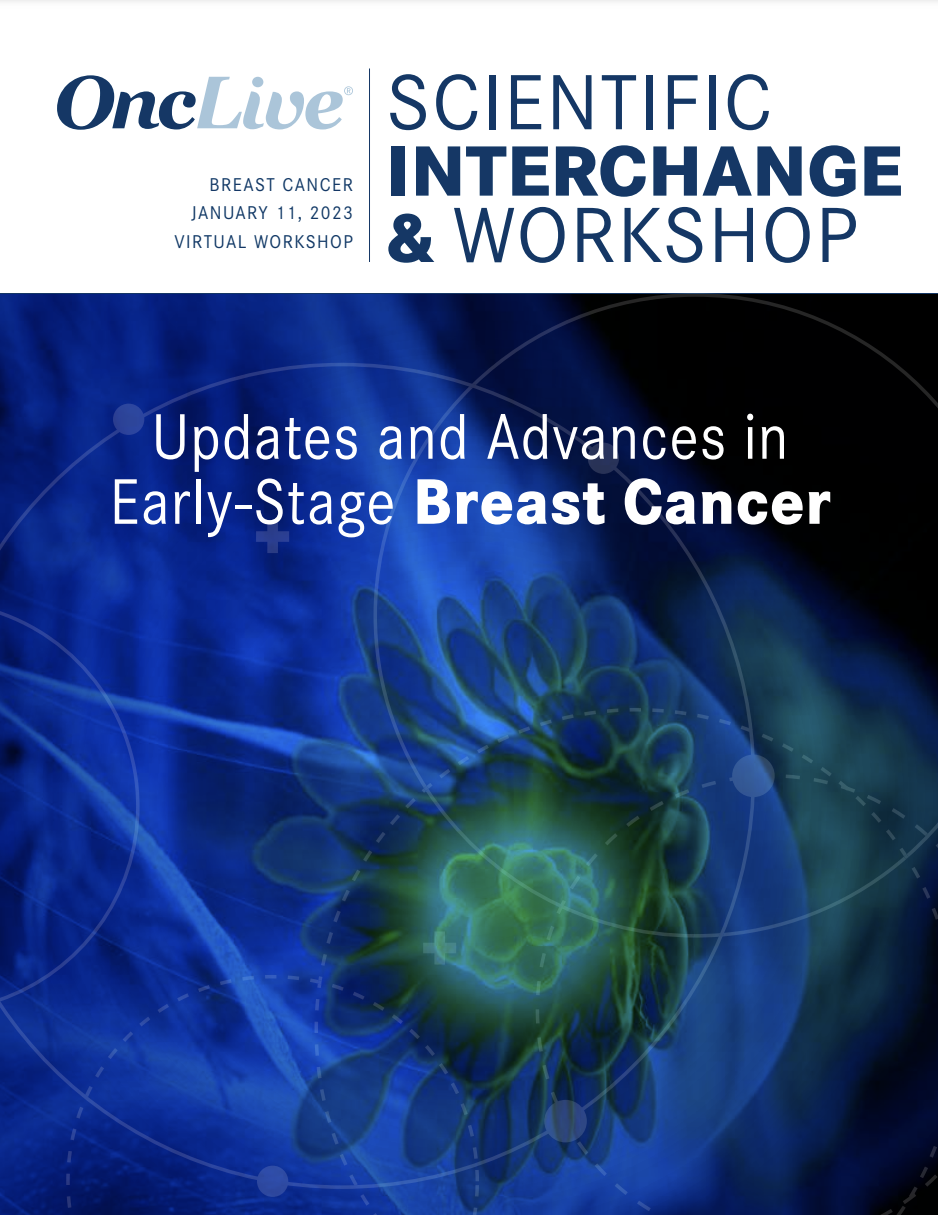Commentary
Video
Supplements and Featured Publications
Dr Niikura on T-DXd in Patients With HER2+ Breast Cancer With Brain Metastases and Leptomeningeal Disease
Author(s):
Naoki Niikura, MD, PhD, discusses the impact of treatment with trastuzumab deruxtecan in patients with HER2-positive breast cancer with brain metastases and/or leptomeningeal disease, as evaluated in the real-world ROSET-BM study in Japan.
Naoki Niikura, MD, PhD, member, Department of Breast Oncology, Tokai University School of Medicine, discusses the impact of treatment with fam-trastuzumab deruxtecan-nxki (Enhertu; T-DXd) in patients with HER2-positive breast cancer withbrain metastases and/or leptomeningeal disease, as evaluated in the real-world ROSET-BM study (UMIN000044995) in Japan.
Findings from this evaluation were published in NPJ Breast Cancer in October 2023, and investigators found that T-DXd was associated with intracranial efficacy in this high-risk patient population. Furthermore, results indicated that among patients evaluated independently for intracranial response (n = 51), there was a 62.7% intracranial overall response rate (95% CI, 48.1%-75.9%). All responders had partial responses in the brain, with rates of stable disease and progressive disease at 31.4% and 5.9%, respectively. The intracranial clinical benefit rate at 6 months stood at 70.6% (95% CI, 56.2%-82.5%).
Additional data revealed that the entire study population achieved a median progression-free survival (PFS) of 16.1 months (95% CI, 12.0-not reached [NR]), with 6- and 12-month PFS rates of 77.0% (95% CI, 67.4%-84.1%) and 61.9% (95% CI, 50.8%-71.1%), respectively. The median overall survival was NR (95% CI, 16.1%-NR), and the median time to treatment failure was 9.7 months (95% CI, 6.3-13.0).
Niikura goes on to say that the National Comprehensive Cancer Network guidelines for managing HER2-positive breast cancer with brain metastases have been updated and now recommend the phase 2 HER2CLIMB trial (NCT02614794) regimen as the preferred choice. T-DXd is among other recommended regimens for the treatment of this patient population, he says. T-DXd is associated with efficacy in patients with breast cancer brain metastases, regardless of the status of the metastases or the presence of leptomeningeal disease, Niikura explains.
T-DXd is also associated with a manageable adverse effect profile and may provide survival benefits for patients with a poor prognosis, such as those with leptomeningeal disease, he continues. In ROSET-BM, a small number of patients with breast cancer with leptomeningeal disease achieved disease control with T-DXd. These findings indicate that although there is currently no standard treatment for patients with breast cancer with leptomeningeal disease, T-DXd is considered a therapeutic option for patients with this condition, Niikura concludes.
Disclosures: Dr Niikura reports speaker’s bureau participation with AstraZeneca, Chugai, Daiichi-Sankyo, Pfizer, Eli Lilly, and MSD; as well as grant-research support from Chugai, Daiichi-Sankyo, Pfizer, Eisai, Mochida, and Novartis.










